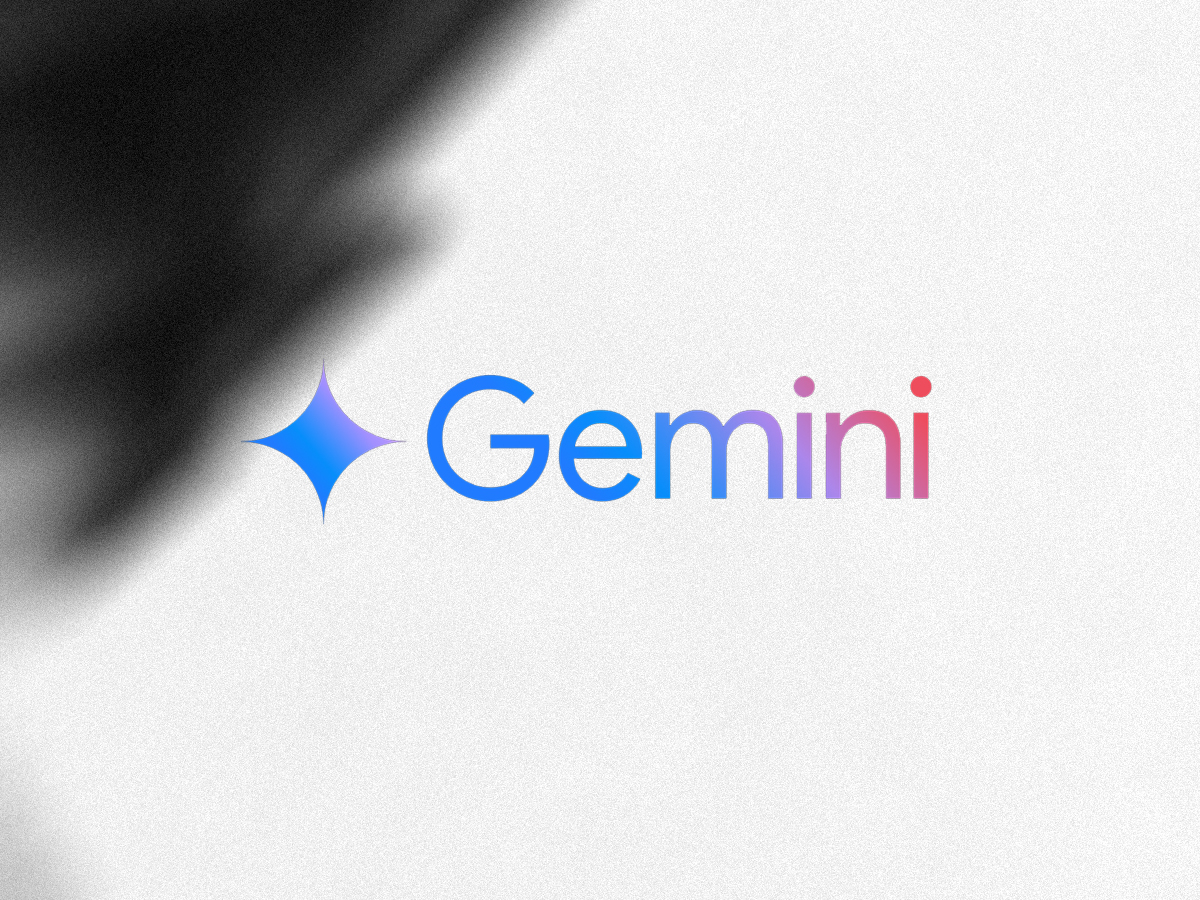Introduction
In the rapidly evolving world of artificial intelligence, models like Gemini AI (formerly known as Bard) developed by Google DeepMind represent the cutting edge of machine learning and natural language understanding. These tools are increasingly used for everything from answering questions to coding, writing essays, summarizing documents, and generating creative content. But with all this power comes a critical question: Can Gemini AI make mistakes?
The short and honest answer is: Yes, Gemini AI can and does make mistakes—just like any other AI model, including OpenAI’s ChatGPT, Anthropic’s Claude, and Meta’s LLaMA. In this blog post, we’ll explore why AI tools like Gemini can be fallible, the kinds of mistakes they typically make, and how users can mitigate these risks when using them for important tasks.
What Is Gemini AI?
Gemini AI is a family of large language models (LLMs) developed by Google DeepMind. It’s the successor to Bard, rebranded as part of Google’s broader strategy to integrate AI across products like Google Search, Docs, and Android. Gemini is designed to be:
-
Conversational
-
Context-aware
-
Multimodal (understands text, code, images, and more)
-
Capable of reasoning, summarizing, and generating content
As powerful as it is, Gemini is still a machine learning system—meaning it’s trained on vast amounts of data, but it doesn’t truly understand meaning like a human does.
Why Does Gemini AI Make Mistakes?
There are several reasons why even the most advanced AI models—including Gemini—can produce incorrect or misleading outputs:
1. Training Data Bias or Gaps
Gemini is trained on a massive corpus of text from the internet, books, and other sources. If that data contains outdated, biased, or incorrect information, Gemini may reflect those same issues in its answers.
2. Hallucination
This is a common issue among all LLMs. Sometimes, Gemini AI generates content that sounds plausible but is completely fabricated or wrong. For example:
-
Citing fake research papers
-
Misquoting laws or statistics
-
Making up names or historical events
3. Context Misunderstanding
If the input prompt is vague or ambiguous, Gemini may misinterpret what you’re asking. This leads to off-topic answers or irrelevant content.
4. Limitations in Logic and Reasoning
Despite improvements, Gemini AI still struggles with:
-
Advanced math problems
-
Multi-step logic chains
-
Abstract reasoning
It may “guess” rather than deduce a correct solution.
5. Real-time Data Limitations
Unless connected to live information (e.g., through Google Search), Gemini does not inherently “know” real-time data like sports scores or breaking news. Even if it does access external data, it may misinterpret or misreport it.
Examples of Mistakes Gemini AI Might Make
To illustrate, here are a few examples of common mistakes:
-
Incorrect Facts: “Einstein won two Nobel Prizes.” (He won only one.)
-
Fabricated Sources: “According to the New York Times article published in 2023…” (No such article exists.)
-
Code Errors: Generating buggy Python code or incorrect logic in algorithms.
-
Inconsistent Tone: Mixing formal and casual language in a professional email draft.
-
Inappropriate Suggestions: Recommending non-existent medications or mixing up medical conditions.
These mistakes aren’t intentional—they result from the probabilistic nature of how AI models generate text.
Can Gemini AI Learn from Its Mistakes?
Unlike humans, Gemini does not “learn” from a mistake after it happens. It doesn’t have memory in most use cases. However, Google updates and retrains the model periodically to fix known issues, improve accuracy, and reduce harmful outputs.
Some enterprise versions of Gemini (e.g., used in Google Workspace or Duet AI) may include session memory or prompt history that helps improve interactions over time, but real-time adaptive learning is still limited.
How to Reduce Mistakes When Using Gemini AI
If you’re using Gemini for work, study, or creative projects, here are some best practices to avoid errors:
-
Double-check facts using reliable sources
-
Cross-reference outputs with human-written materials
-
Use specific, detailed prompts to reduce ambiguity
-
Ask follow-up questions to clarify any confusing responses
-
Avoid using AI output blindly in legal, medical, or financial decisions without human review
Is Gemini More or Less Accurate Than ChatGPT or Other AIs?
This is a common question. The truth is:
-
Gemini excels in tasks involving tight Google integration (like Search or Docs).
-
ChatGPT (especially GPT-4) tends to outperform in general-purpose reasoning and long-form writing.
-
Claude is known for safer and more filtered outputs.
Each AI has strengths and weaknesses, and none are 100% accurate. Choosing the right tool depends on your use case and your willingness to fact-check the results.
Conclusion
So, can Gemini AI make mistakes? Absolutely. Like any other large language model, it’s limited by its training data, algorithmic design, and the context in which it’s used. While it can be an incredibly powerful assistant for learning, productivity, and content creation, it is not infallible.
The best approach is to treat Gemini as a useful co-pilot—not a perfect oracle. Always validate critical information and use AI responsibly, especially in high-stakes situations. As AI technology evolves, the accuracy and reliability of tools like Gemini will continue to improve—but human judgment will always remain essential.

